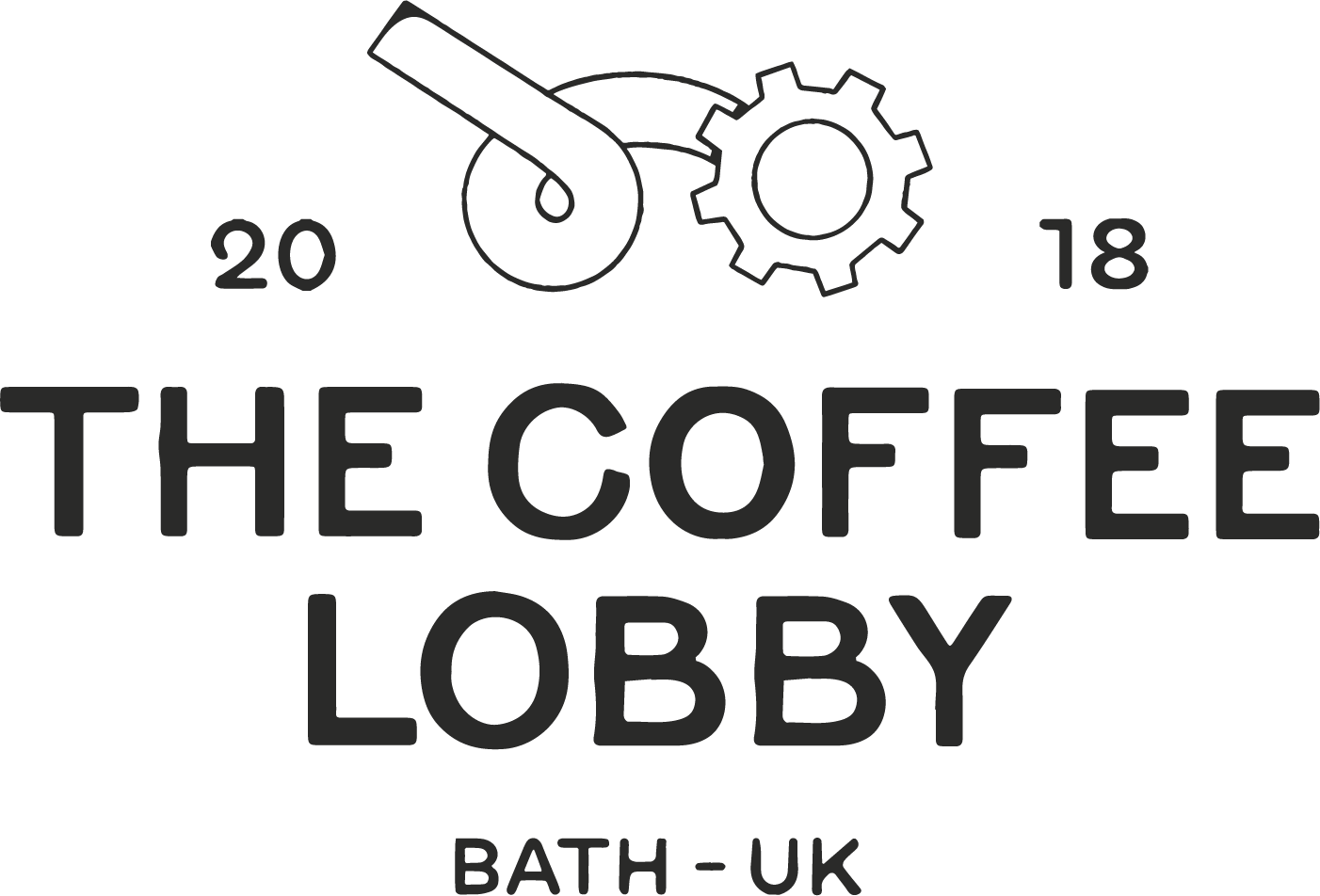Coffee Brewing Temperature.
The Importance of Coffee Brewing Temperature.
Coffee brewing temperature is one of the most important yet often overlooked aspects of making a delicious cup of coffee. The temperature at which you brew your coffee can greatly affect the taste and aroma of the final product. But what is the ideal brewing temperature, and why does it matter?
The ideal brewing temperature for coffee is between 90 and 96 degrees Celsius. This range allows for the extraction of the coffee's flavours and aromas without burning the beans, which can result in a bitter taste.
If the water is too cool, the coffee will be under-extracted, resulting in a weak and bland cup. On the other hand, if the water is too hot, the coffee will be over-extracted, resulting in a bitter and harsh taste.
It's important to note that the brewing temperature can also vary depending on the brewing method you use. For example, French press and pour-over methods require a slightly cooler brewing temperature to avoid over-extraction, while espresso requires a higher temperature to extract the full flavour profile of the beans.
In addition to the brewing temperature, other factors such as the grind size, water quality, and brewing time also play a role in the taste of your coffee. However, by paying attention to the brewing temperature, you can ensure a more consistent and enjoyable cup of coffee.
In order to achieve the ideal brewing temperature, it's recommended to use a thermometer or a brewing device with a built-in temperature control. This will not only give you more control over the brewing process, but it will also help you to fine-tune your recipe to your personal preferences.
In conclusion, brewing temperature is a crucial aspect of making a delicious cup of coffee. By paying attention to this, you can ensure that you are extracting the full flavour and aroma of the beans without any unpleasant bitter notes. So, the next time you make a cup of coffee, make sure to pay attention to the temperature and taste the difference for yourself.

